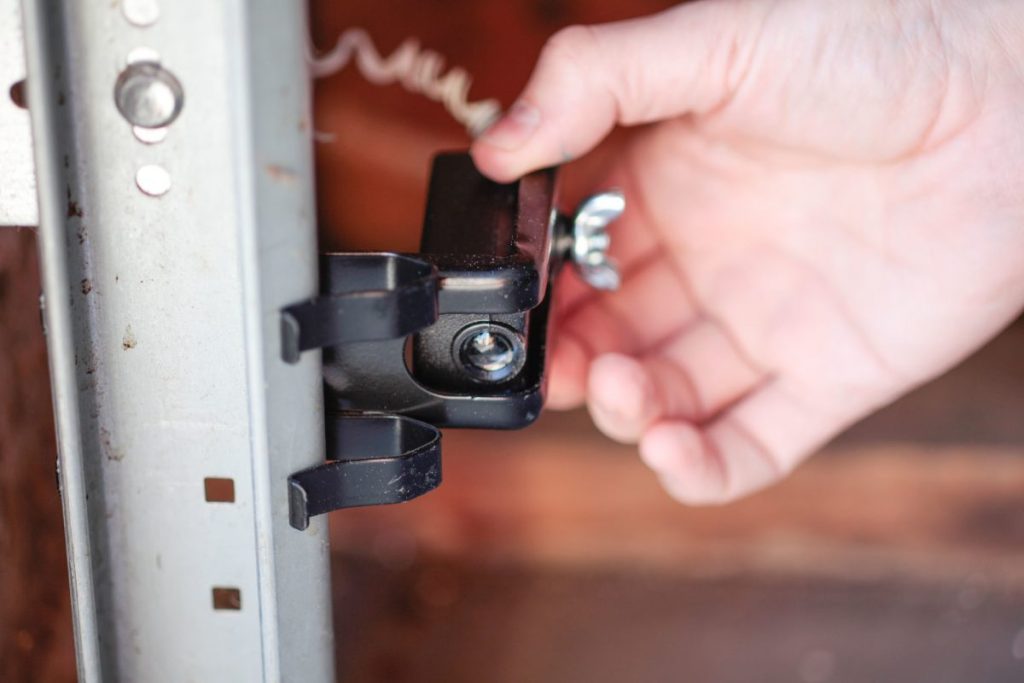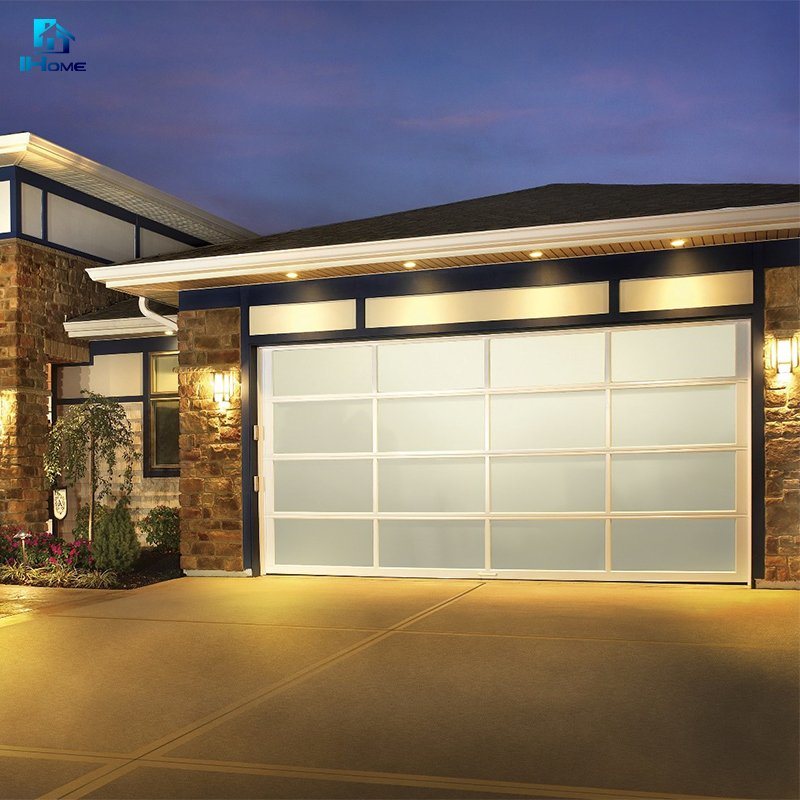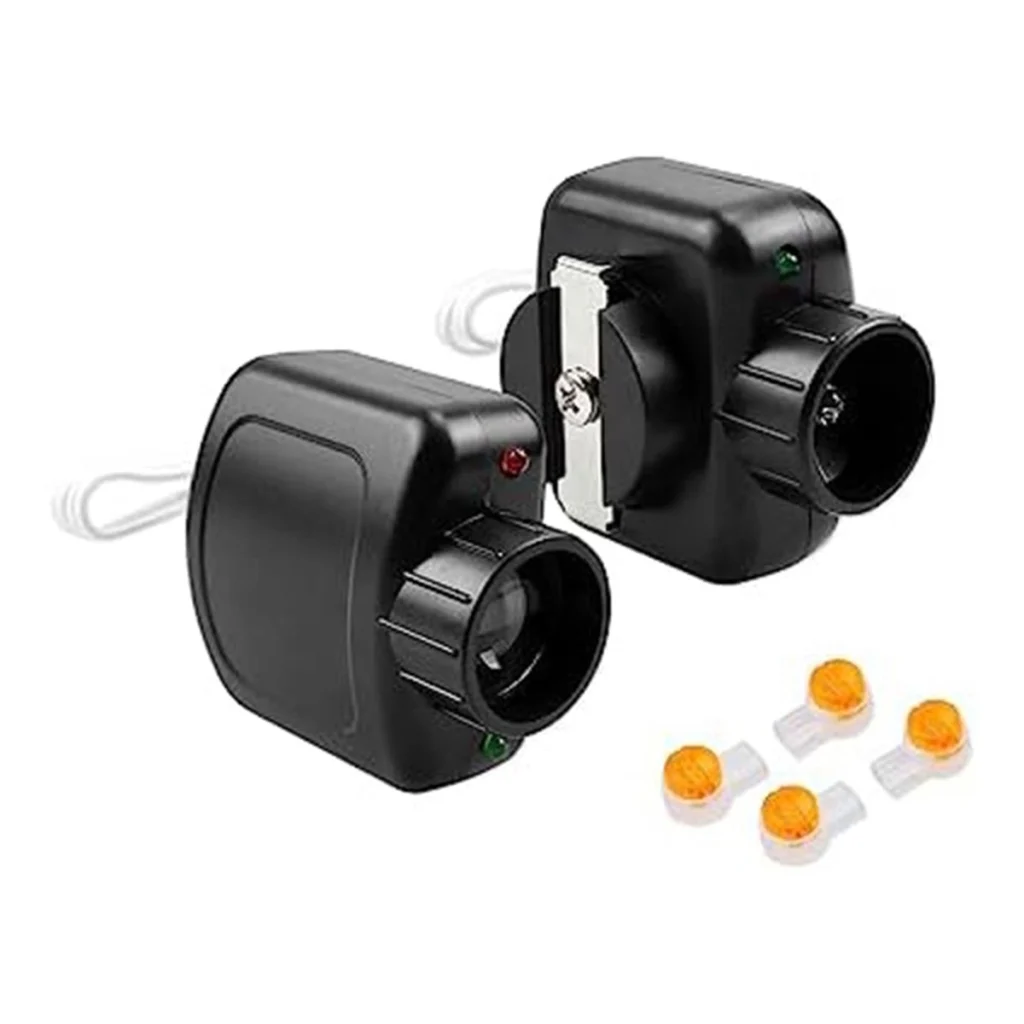How to Fix Garage Door Sensor
Garage door sensors ensure the safety and durability of automatic garage doors while enhancing convenience. Introduced in the U.S. in 1993, the initial two-component optical sensors prevented doors from closing if an obstacle, like a person or a car, was detected underneath.
These sensors are crucial for reducing injury risk and preventing vehicle damage, making them an essential component of modern garage door systems.

Common Garage Door Sensor Problems
One of the key indicators of sensor problems is improper operation. Symptoms may include:
- Garage doors not opening or closing
- Not responding consistently
- Unexpected movement of the door in the opposite direction
- Flashing of sensor indicators
Regular maintenance and alignment checks can prevent these problems and keep your garage door system running reliably. Let's look at the key problems and solutions below.
Interference Near the Sensor
One common cause of problems with garage door sensors is interference.
The transmitter and receiver sensors are usually located near the ground on opposite sides of the garage door. The transmitter sends an infrared beam to the receiver sensor, if the receiver receives it, there is no interference and the door will close.
If the door does not close, it indicates an obstruction near one of the sensors or one of the sensors may have moved out of alignment. In either case, the light beam is interrupted, preventing it from travelling directly from the transmitter to the receiver.
What to do:
Check for any obstructions in the path of the beam and remove them. This can include direct sunlight hitting one of the sensors. In this case, protect the sensor from sunlight.
Dirty Sensor Lenses
Dirt and cobwebs often build up on the sensor lenses over time, blocking the transmitter or receiver.
What to do:
- Use a soft microfibre cloth to gently remove all debris. Be careful not to scratch the lenses.
- For heavy dirt or grease, dampen the cloth with soapy water and wipe the lens with a slightly damp cloth, taking care not to let moisture get inside. Wipe again with a dry cloth.
After thorough cleaning, the sensors should work properly if dirt was the problem. Regular preventative cleaning can help keep the sensor performing optimally, once every half a year will suffice.

Deformed Sensor Mount
A common issue with garage door sensors is a deformed sensor mount. Since the frame is often made of aluminum, it can quickly become bent.
When the mount is deformed, the angle of the light beam changes can't properly pass from the transmitter to the receiver. This deformation can occur accidentally when someone kicks the sensor or hits it with a bicycle while leaving the garage.
What to do:
- If the sensor mount is damaged, you will need to adjust it so that the beam from the transmitter passes directly through to the receiver.
- If the frame is damaged, your best bet is to call a garage door repair company to replace the frame.
Moisture Inside the Sensor
Moisture inside the sensor can impair its operation, often due to exposure to rain or wet snow.
In addition, due to temperature fluctuations in the garage, condensation can form on the sensors and interfere with the beam.
What to do:
- If the moisture is inside the sensor, just wait for it to dry and check the operation of the door, in most cases no repair will be needed here. You can only be concerned about preventing rain from entering the garage.
- If it is condensation, just wipe the sensor with a dry, lint-free cloth.

Sensor Power Supply Problem
Natural wear and tear from regular use of your garage door can cause wires to become loose, disconnect or break. Most sensors will signal this by illuminating an orange light.
What to do:
- Check the wire's connection points, if they have become disconnected, reconnect them.
- If you notice signs of wear or torn insulation, it's time to replace them. In this case, we recommend that you call a residential garage door repair professional.
Final Words
While garage door sensors are reliable, problems can occasionally occur with them, such as misalignment, dirty lenses, moisture, or wiring problems that disrupt their operation.
To keep your garage door sensors running smoothly, check them periodically for dirt, obstructions, and alignment, and fix minor issues immediately. For more complex problems, such as damaged fasteners or frayed wiring, contact professionals at Abell Garage Doors to avoid further complications.
Proactive maintenance will not only extend the life of your garage door system but also prevent the need for more serious repairs such as garage door opener repair. Contact us today at (778) 715-6868 for a consultation or to call a handyman.
You might also be interested in our article New Garage Door Increases the Value of Your House?

